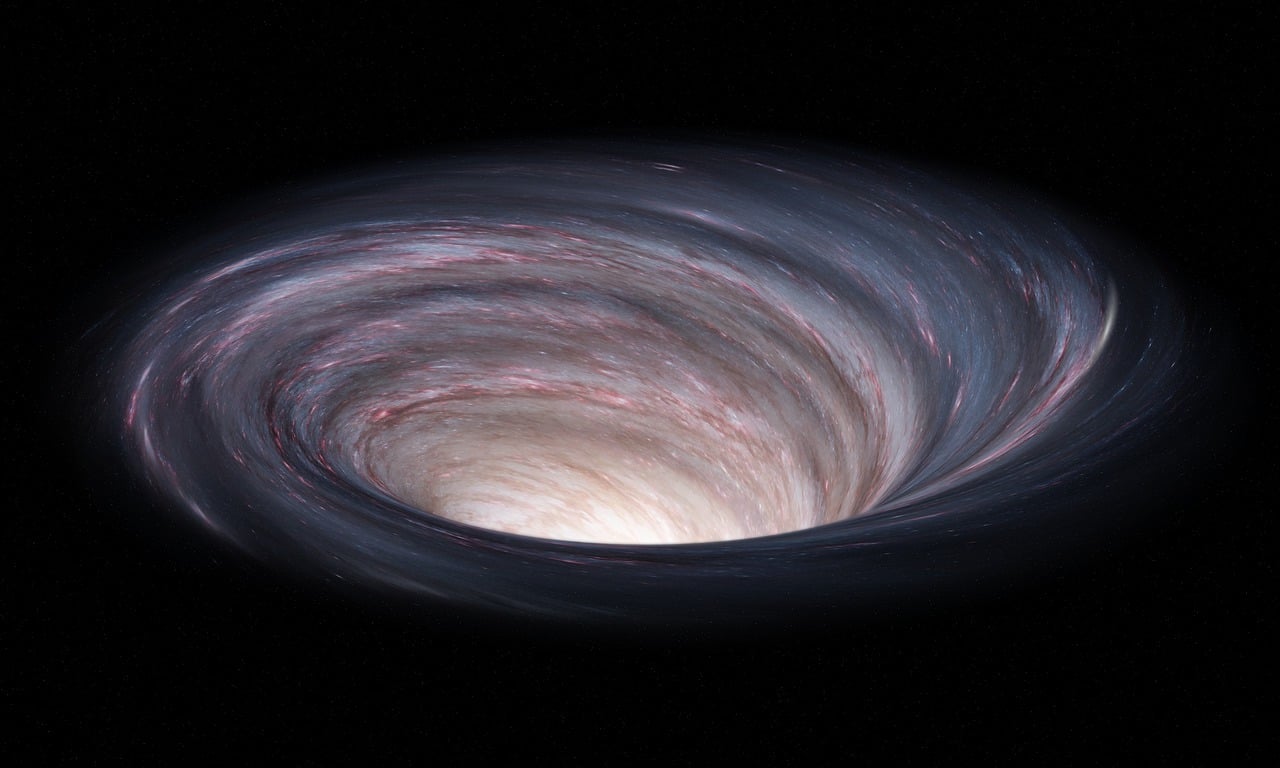This post is also available in:
 עברית (Hebrew)
עברית (Hebrew)
Four years ago, a group of international researchers unveiled to the world the first-ever image of a black hole taken on the Event Horizon Telescope (EHT), and it took the world by storm. This was an achievement that was previously regarded as “unimaginable” in the field of astronomy.
This same group is now working to further uncover the mysterious nature of black holes. This multi-specialist group consists of researchers, engineers, and physicists, and they recently gathered at Harvard to begin planning their next ambitious step: the Event Horizon Explorer (EHE).
According to the official release, this space observatory would allow astronomers to take images much sharper than those taken on its predecessor. EHE images would allegedly be able to show photon rings formed by particles moving rapidly around a black hole. “We [currently] can’t see those in the EHT images. They’re too narrow to distinguish from the rest of the light near a black hole,” said Michael Johnson, an astrophysicist at the CfA.
You may ask yourself, why do we care so much about photon rings? According to Interesting Engineering, the study of photon rings might provide information about the behavior of the black holes hiding in the middle of every galaxy. For example, it may provide evidence of the spinning of black holes.
Nevertheless, there are several major technological challenges the researchers need to overcome, like developing sensitive receivers that have to remain at an absolute zero temperature in order to catch the light reaching the telescope.
Furthermore, this new tech will generate massive amounts of data that will need to be stored aboard the spacecraft, a challenge the group intends to overcome by rapidly beaming data down to Earth using laser light technologies.
This is a very bold, huge project that involves over 70 researchers, and it might just change the way we understand black holes forever.


























